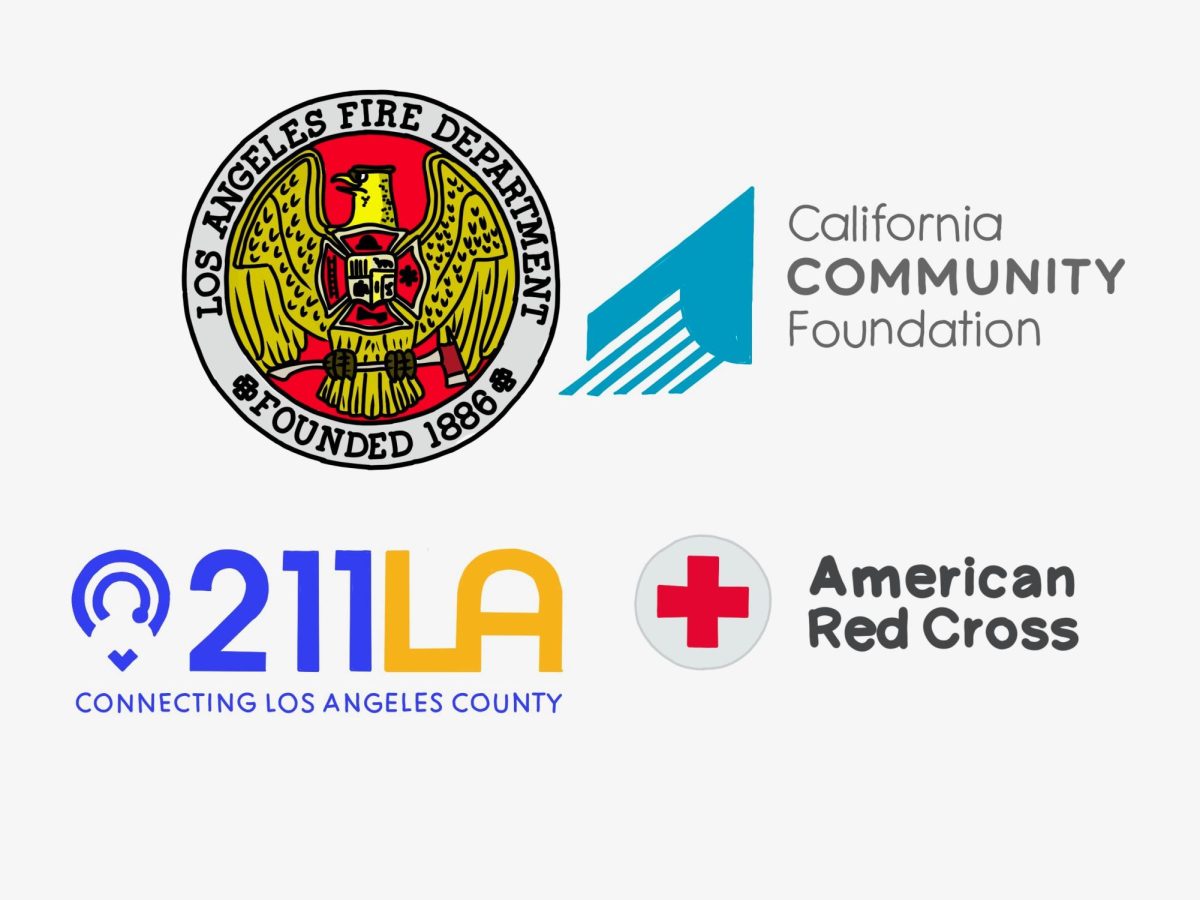Over the past year, there has been a great deal of turbulence in the U.S. surrounding the unfair treatment of Black citizens, specifically by police and in the justice system. Incidents including the tragic deaths of George Floyd, Breonna Taylor and Ahmaud Arbery rebirthed the Black Lives Matter (BLM) movement that began in 2013. Emphasizing education is an important step in the fight for equality and will help white allies better understand the injustices in our country, and making an effort to learn about the daily struggles of African Americans will allow for more sympathy and understanding in our communities. The BLM movement is far from over, and this Black History Month it is more important than ever to make an effort to educate ourselves on Black history. Here are some informative and engaging resources to utilize.
- Movie/Documentary: ‘13th’
A great way to educate yourself on history is through film, especially documentaries. “13th,” a Netflix documentary produced by Ava DuVernay, who is most famously known for “Selma” (another great film), is a moving story that highlights the injustices of the incarceration system in the U.S. The documentary, as the title conveys, is about the thirteenth amendment; more specifically, the clause –– and loophole –– stating that slavery is illegal “except as a punishment for crime.” It covers the convergence of race and the justice system and traces the roots of unjust punishment back to the Civil War. The one hour and 40-minute film does an exceptional job of accounting for many aspects of systematic racism and is careful not to over-simplify the extremely complex problem. The feature is emotional, thought-provoking and an excellent social-political query.
- Series: ‘America to Me’

Another illuminating option is the ten-part docu-series “America to Me,” created by filmmaker Steve James and available on Hulu, Amazon Prime Video and Starz. The series explores the racial disparities that high school students face at Oak Park and River Forest High School in a suburb of Chicago by following the daily lives of multiple students. The school is racially diverse and approximately one-third of the students at the school are Black, but these students face injustices daily. The racial groups in the school are separated and Black students are presented with fewer opportunities. Considering Redwood’s population, according to US News and World Reports, is about 70 percent white, the hour-long episodes are especially eye-opening because it gives a realistic perspective on what life is like for minorities and what it means to be a Black student in the American public school system.
- Podcasts: ‘Code Switch’ and ‘#TellBlackStories’
Podcasts are another exceptional method of storytelling. “Code Switch” by NPR is an educational podcast hosted by Black journalists that features valiant –– and much needed –– conversations about race. The podcast makes a deliberate effort to cover all sides of the Black experience in America, discussing everything from politics to pop culture. Code Switch’s most recent release was a conversation on the disproportionate effect of the pandemic on Black Americans and is definitely worth the 19-minute listen.
For those especially interested in pop culture and Hollywood, the nonprofit civil rights advocacy group, Color of Change, released the remarkable podcast “#TellBlackStories.” It pushes for the recognition of the role Black actors have in Hollywood and acknowledges how unfairly Black people are portrayed in movies and TV shows. The podcast has hosted big stars including Michael B. Jordan, Yara Shahidi and Taraji P. Henson, and the conversational format makes the podcast feel relaxed yet riveting.
- Instagram Accounts: ‘@blackarchives.co’ and ‘@ibramxk’

Objectively, the leading factor in gaining support for the BLM movement is social media; the platforms make it easy for activists and allies to spread information, raise awareness and plan protests. However, many posts are full of flowery infographics with little information to offer. There are so many accounts and influencers who do a great job spreading awareness and deserve more attention. Black Archives (@blackarchives.co on Instagram) posts almost daily photos illustrating Black history and claims to be, “a multimedia platform that brings a spotlight to the Black experience.” As for platforms run by individuals, Ibram X. Khendi (@ibramxk on Instagram) is a phenomenal anti-racist activist, historian, author and professor at Boston University. His IGTV is especially educational and he shares regular speeches and videos. The content he shares covers a wide variety of topics, including what it means to be anti-racist, how race r
elations in the U.S. can be improved and how to spot non-apparent racism.
- Books: ‘12 Years a Slave’
In a time when so many aspects of life are online, reading a book is a refreshing experience. “12 Years a Slave” by Solomon Northup is an excellent autobiography that details the life of Northup, a man forced into slavery after growing up free and educated. Similar to “Narrative of the Life of Frederick Douglas,” Northop’s story illustrates slavery through the eyes of a man who was not a product of the horrifying system, and instead, an attentive and motivated person who understood the importance of education as a path to freedom. The book is a page-turner and, despite being written in the mid-1800s, is not difficult to understand. In addition, there is a wonderful film adaptation of the book that won Oscars for Best Picture, Best Supporting Actress and Best Screenplay in 2013. The story is a timeless, important and un-glorified narrative of the unjust and grisly circumstances Black Americans were forced into for ages, something that must never be forgotten.
Learning about Black history can be an eye-opening experience that all Americans should commit to. If everyone allocates some time to the cause, Americans can all be on the same page when beginning the conversation about anti-racist work to be done and can make a positive step forward on the path to justice and equality.






